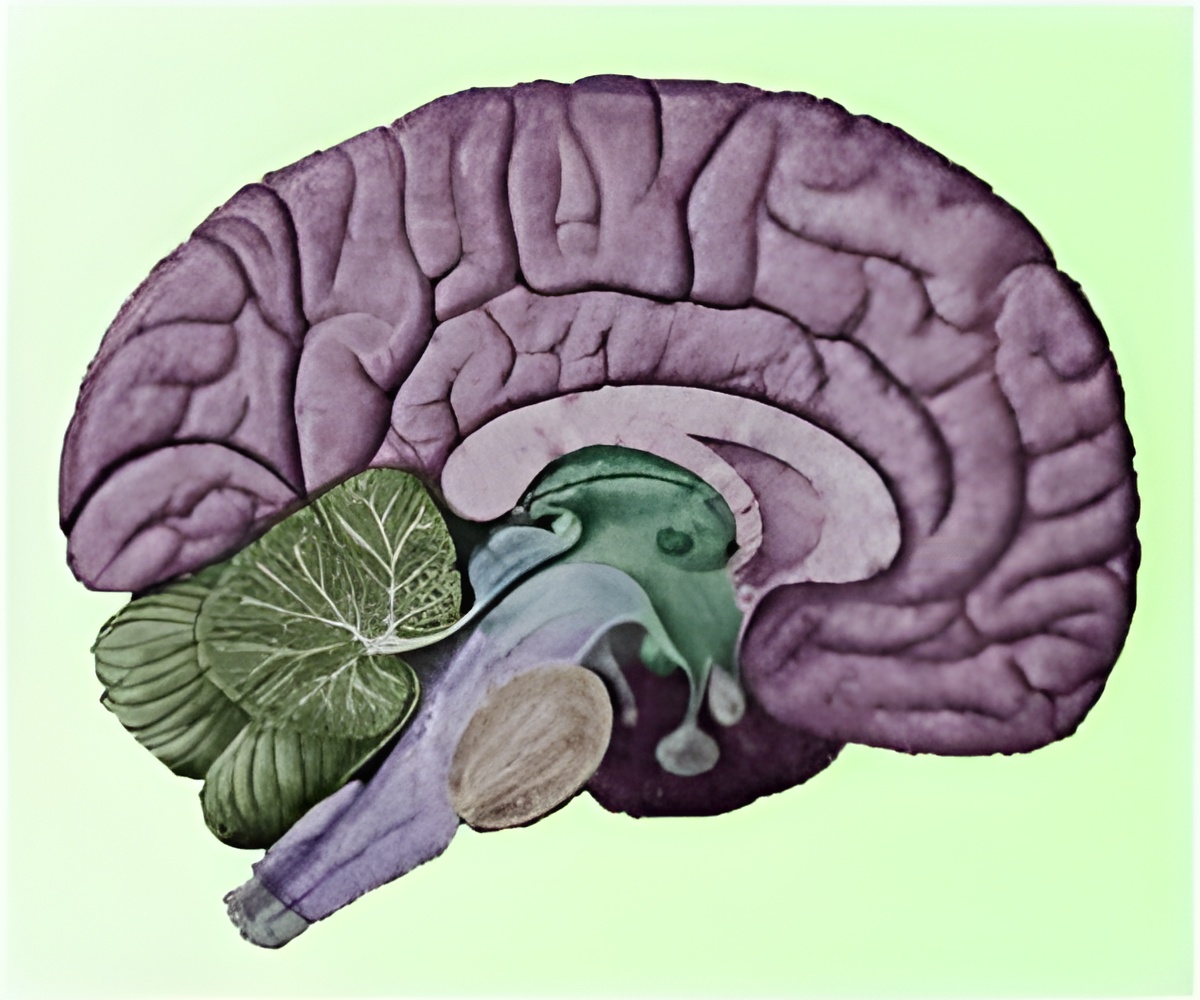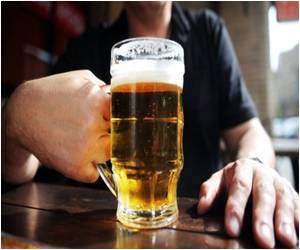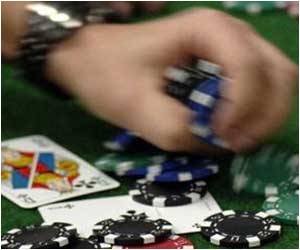Gamblers show the same tendencies as pigeons when they make risky decisions, reveals a research by University of Warwick, claiming that gamblers are greedy bird-brains.

Published in Biology Letters, the researchers argue that the test results show the important role that memories of previous biggest wins and losses play when we make risky gambling decisions.
"Both humans and pigeons were shown to be less risk averse for high rewards then they were for low rewards and this is linked to our past memories and experiences of making risky decisions" says Dr Ludvig.
"When people gamble, they often rely on past experiences with risk and rewards to make decisions". Dr Ludvig argues. "What we found in this study is that both pigeons used these past experiences in very similar ways to guide their future gambling decisions - Any big wins we've had in the past are memorable and stand-out when we are making our decision to gamble again".
Despite humans having a greater mental capacity than pigeons, Dr Ludvig argues: "humans and pigeons react in similar ways when faced with risky decisions because equivalent mental processes are driving their behaviour. Humans and pigeons are equally influenced by the biggest wins and losses that they have previously encountered".
Commenting on potential explanations of the close correlation between the species' test results Dr Ludvig said: "Birds are distantly related to humans, yet we still share the same basic psychology that drives risk-taking. This may be due to a shared common ancestry or similar evolutionary pressures".
Source-Eurekalert
 MEDINDIA
MEDINDIA




 Email
Email




